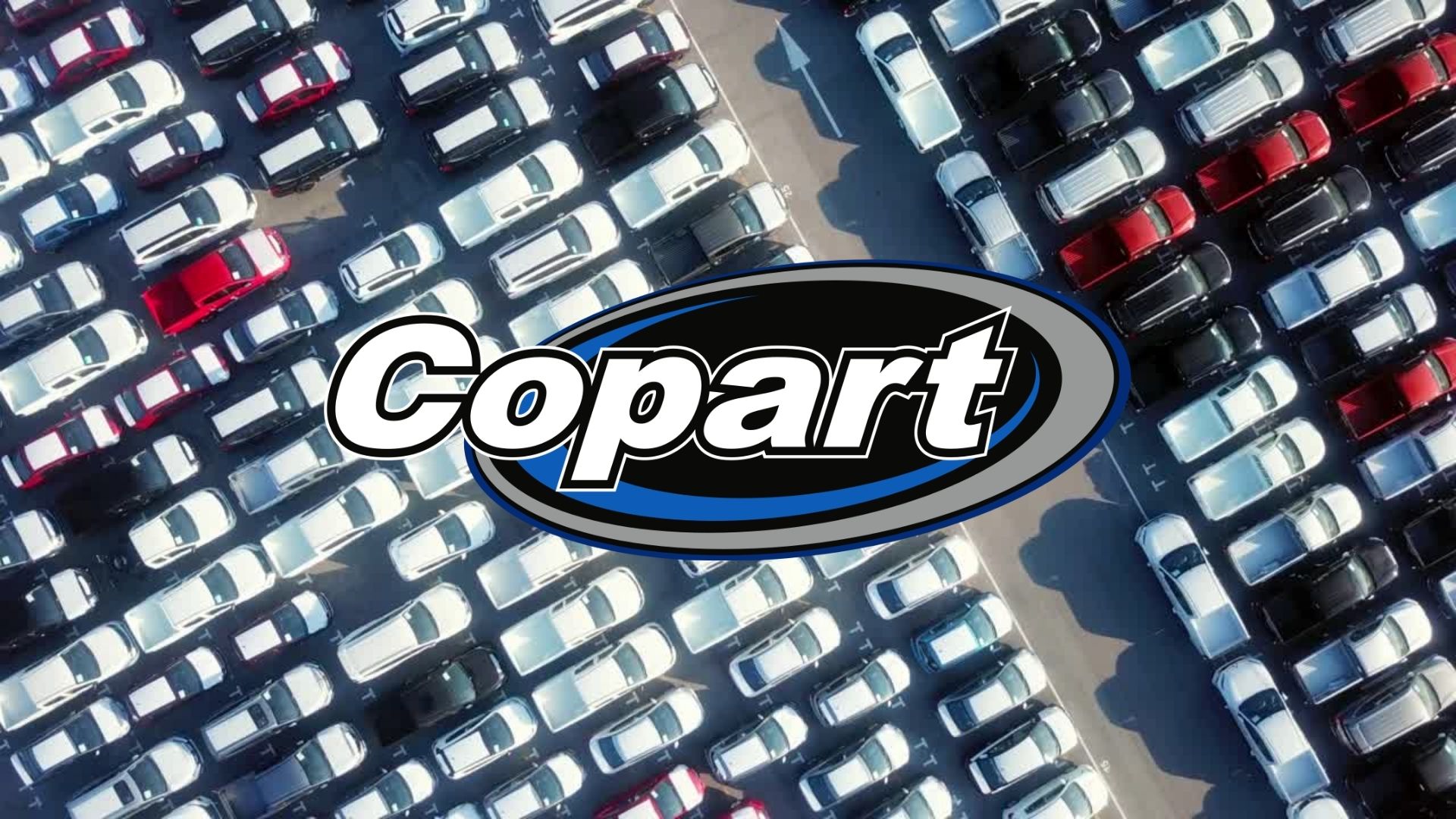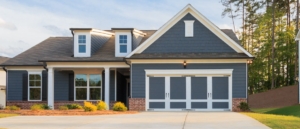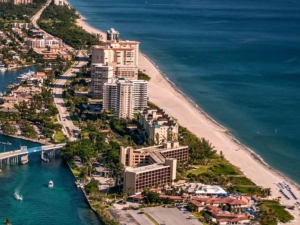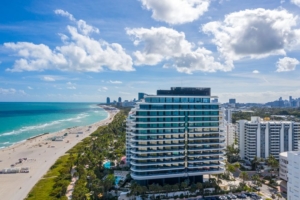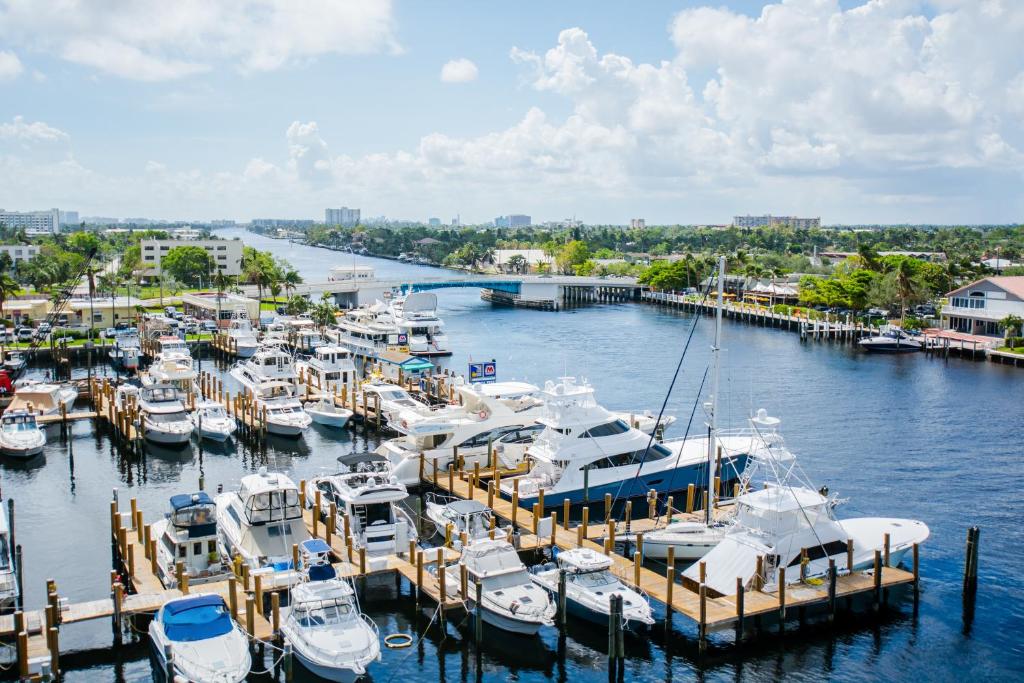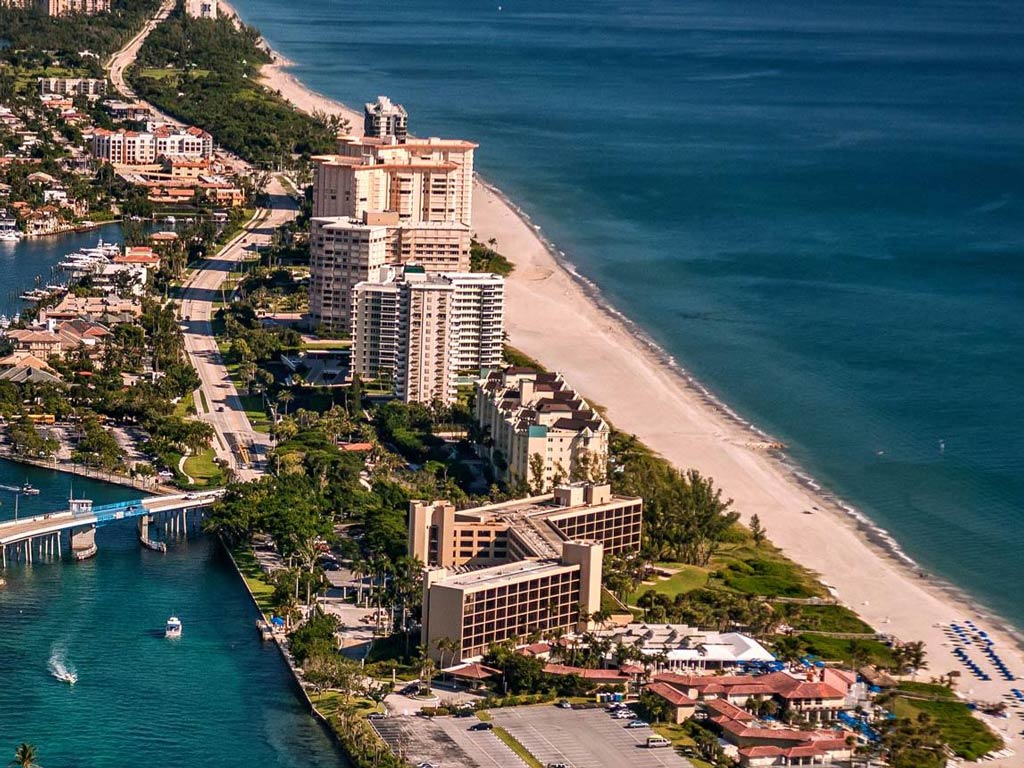Copart's $65M Palm Beach County Acquisition Strengthens South Florida Presence
In a significant industrial real estate transaction, Copart, Inc. has substantially reinforced its South Florida operations through a $65 million acquisition of nearly 40 acres of prime industrial land in Palm Beach County. This strategic purchase highlights the company's continued investment in the region's thriving automotive resale sector.
The Strategic Acquisition Details
The Dallas-headquartered vehicle remarketing giant, which specializes in online auctions for salvaged and repossessed vehicles, has purchased a 40.3-acre industrial property located at 7876 West Belvedere Boulevard and 801 Pike Road near West Palm Beach. According to property records and real estate database Vizzda, Copart had previously been leasing this substantial property from Orlando-based forklift dealership Jamco, the long-term owner who originally acquired the site in 1968.
The property features three buildings totaling approximately 8,732 square feet. The original 4,926-square-foot structure was developed in 1971, with two additional buildings totaling 3,806 square feet completed in 2000. This established infrastructure provides Copart with immediate operational capacity in a market where industrial land is increasingly scarce and valuable.
Copart's Expanding Florida Footprint
This acquisition represents just the latest move in Copart's aggressive expansion strategy across South Florida. Under the leadership of CEO Jeff Liaw, the company has systematically strengthened its presence in the region's automotive auction market. The newly acquired Palm Beach County location joins Copart's existing network of three auto yards operating in Miami-Dade County.
The company's commitment to the South Florida market was previously demonstrated in 2020 when it invested $34.7 million for 117 acres at the Homestead Park of Commerce in southwest Miami-Dade County. With this latest acquisition, Copart now controls significant automotive storage and auction capacity across multiple strategic locations in South Florida.
"This expansion pattern aligns perfectly with Copart's global operational model," notes industry analyst Jennifer Martinez. "By strategically positioning large-scale facilities across metropolitan areas, they create efficient logistics networks that benefit both vehicle sellers and buyers."
Business Model and Market Position
Founded in 1982, Copart has evolved into a global leader in the automotive remarketing sector, with an impressive network of 250 facilities spanning 11 countries. The company specializes in selling inoperable and salvaged vehicles through its proprietary online auction platform, primarily serving insurance companies, banks, charities, fleet operators, dealers, rental car companies, and individual owners.
The business model has proven exceptionally profitable, creating substantial wealth for its leadership. In 2021, Copart's billionaire executive chairman Jay Adair and his wife Tammi demonstrated their personal commitment to South Florida by purchasing a $15.5 million waterfront property in Fort Lauderdale, which they reportedly planned to redevelop.
Industry experts note that Copart's continued investment in physical facilities, despite operating primarily through online auctions, reflects the ongoing importance of strategically located inspection and storage facilities in the digital automotive marketplace.
Broader South Florida Auto Market Trends
Copart's expansion occurs against the backdrop of significant movement throughout South Florida's automotive sales sector. The region has become a hotspot for dealership acquisitions and facility upgrades, with several notable transactions in recent months.
March saw Georgia-based Krause Automotive Group make its entrance into the South Florida market by acquiring two Nissan dealerships in Greenacres and Riviera Beach for a combined $30.5 million, establishing an immediate multi-location presence.
In Pompano Beach, luxury car sales continue to drive investment, with Champion Porsche securing a substantial $52 million construction loan in February to build an impressive new two-story showroom complemented by a four-story garage. That same month, the well-established Craig Zinn Automotive Group expanded its Hollywood presence by purchasing a $14.5 million commercial building from Hope Church of Christ, strategically positioned near two of the company's existing Toyota dealerships.
Industry Insights
Why is South Florida seeing such substantial investment in automotive facilities despite the growth of online sales?
South Florida presents a unique combination of favorable demographics, steady population growth, and limited industrial land availability. These factors create both opportunity and urgency for companies like Copart to secure physical operations now, even as their business models increasingly incorporate digital transactions. The region's position as a transportation hub connecting the U.S. with Latin American and Caribbean markets adds additional strategic value for vehicle remarketing operations.
How does Copart's business model differ from traditional auto dealerships expanding in the area?
While traditional dealerships focus primarily on retail sales of new and pre-owned vehicles to consumers, Copart operates in the remarketing sector, functioning more as a marketplace connector between institutional sellers (insurance companies, banks, fleet operators) and a diverse buyer base including dismantlers, rebuilders, and used car dealers. This business model creates different facility requirements, with Copart needing extensive vehicle storage capacity rather than showcase showrooms. Their 40-acre acquisitions provide the necessary scale for storing thousands of vehicles awaiting auction.
What impact might these large industrial land acquisitions have on South Florida's commercial real estate market?
These substantial land acquisitions by automotive companies reduce the already limited supply of industrial-zoned land in South Florida. As e-commerce and logistics companies compete for the same properties, we can expect continued upward pressure on industrial land values throughout the region. For municipalities, these automotive facilities provide significant tax revenue while generating relatively modest demands on local infrastructure compared to more intensive industrial uses.
Is Copart's expansion indicative of growth in the salvaged vehicle market specifically?
Yes, several factors are driving growth in this specialized sector. Rising vehicle replacement costs make insurance companies more likely to declare moderately damaged newer vehicles as total losses. Additionally, growing international demand for rebuildable vehicles and parts has expanded the buyer base for salvaged vehicles. Copart's continued investment suggests confidence in sustained growth for this specialized automotive segment.

